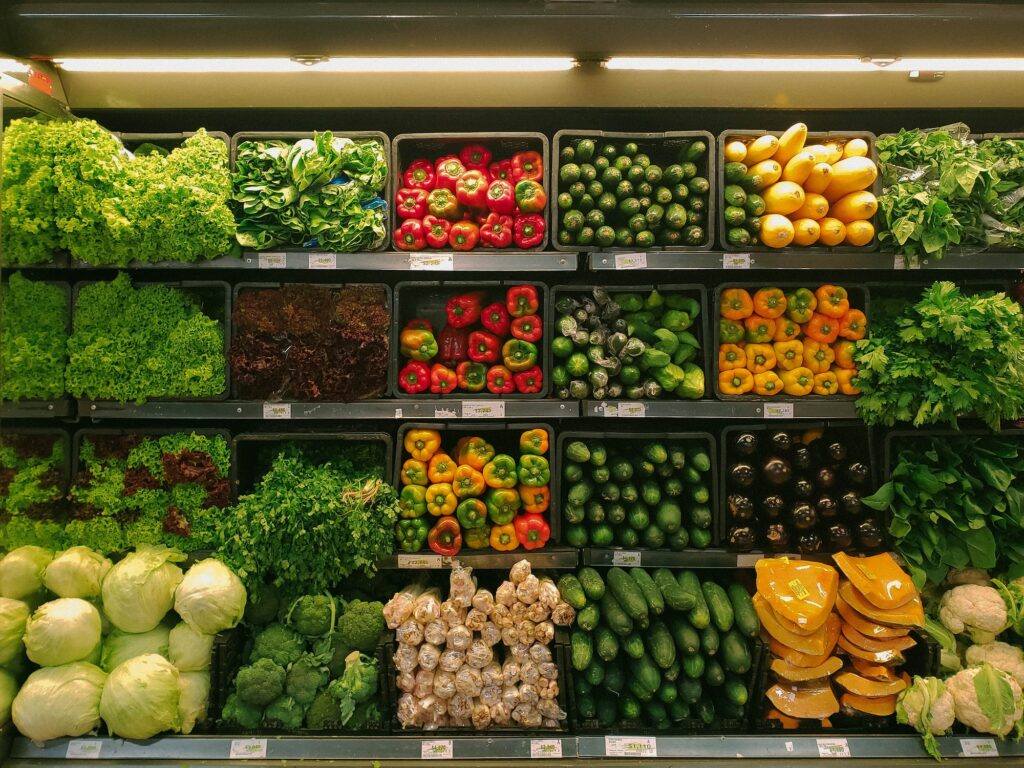The Mamdani Grocery Stores: Social Innovation Meets Market Efficiency
In an era where tech startups and corporate behemoths dominate the grocery sector, the idea of Mamdani Grocery Stores—a city-backed cooperative chain—is a radical and refreshing proposition. It blends the best of public interest with private innovation, creating a new kind of hybrid model for food access in New York City. If implemented well, this model could not only lower grocery costs for millions of residents but also redefine what it means for the city government to serve its people.
Why a New Grocery Model?
New York City is in the grip of a cost-of-living crisis. Food insecurity persists. Grocery prices continue to climb, often due to rent pressures, private profit motives, and corporate consolidation. Enter the Mamdani Model: a city-partnered, partially worker-owned cooperative that aims to make groceries affordable, efficient, and digital-first—without sacrificing sustainability or innovation.
Ownership: Beyond Public or Private
The brilliance of this idea lies in its ownership structure:
-
40% City-Owned: The city provides initial capital, free rent on public land, and tax waivers. In return, it holds 40% ownership and 40% board representation. This guarantees public oversight, while giving the city an ongoing revenue source as the chain becomes profitable.
-
40% Worker Cooperative: Every employee—from delivery drivers to warehouse staff to managers—is a co-owner. This not only incentivizes performance and loyalty, but also ensures the store stays people-centric. Amul in India is a successful precedent for this model.
-
20% Tech Startup Partner: A competitive grant could determine which innovative startup takes the lead on logistics, app development, and e-commerce strategy. Think Instacart or GoPuff, but with a civic mission and long-term equity in the model.
Alternate models could shift the percentages slightly, but the cooperative and city mix is the secret sauce.
Operations: Digital First, Physical Where Needed
This chain wouldn’t just mimic what exists—it would innovate beyond:
-
100% Digital Platform: Customers place orders online via a user-friendly app or website. Orders can be scheduled weekly, optimizing logistics.
-
Multiple Fulfillment Options:
-
Option 1: Home delivery, including integration with SNAP benefits.
-
Option 2: Pickup from neighborhood micro-stores.
-
Option 3: In-store shopping for those who prefer it.
-
Option 4: Hybrid centers—Costco-style warehouses in low-rent zones like far eastern Queens or even New Jersey—that fulfill orders for entire boroughs.
-
Socialism That Works?
This isn't socialism in the traditional sense—there's no attempt to eliminate private grocery stores. But it is a form of civic capitalism, where the city becomes a co-stakeholder in efficient, tech-driven, socially valuable enterprises. Think of it as GovTech for groceries—smart, responsive, accountable.
And crucially, the model is designed to be self-sustaining. Modest profit margins ensure reinvestment, expansion, and employee ownership growth—without the need for never-ending city subsidies.
Why This Matters
If the Mamdani Grocery Store model works, it could:
-
Lower grocery prices citywide
-
Improve food access and delivery, especially for working families and seniors
-
Generate recurring revenue for the city
-
Create dignified, cooperative jobs
-
Reinvigorate public trust in government innovation
In short, it could be a flagship model for urban policy innovation in the 21st century. A proof point that the public sector doesn't have to be clumsy or slow—it can be bold, fast, and smarter than the market.
Mamdani’s plan is more than a campaign promise—it’s a vision for what government-enabled entrepreneurship can look like. If done right, it could redefine not just grocery shopping, but how cities serve their citizens.
29: Mamdani
Billionaire Politics, Elon Musk Style
If Mamdani Can't Run Grocery Stores, He Should Not Be Running The City
Mamdani Is Not Mao
Mamdani's Grocery Stores Are A Great Idea
Mamdani: Indian Origin?
Aladdin and the Rise of High-Tech Authoritarianism: How an Algorithm Became the Puppet Master of Capital
28: Mamdani
27: Mamdani
Mamdani's Prose
Mamdani’s Platform
AOC 2028: : The Future of American Progressivism
A Radical Blueprint to Transform New York City into the World’s Greatest Metropolis
1/
— Paramendra Kumar Bhagat (@paramendra) June 29, 2025
🚨 Introducing the Mamdani Grocery Stores: A bold new idea that blends public investment, tech innovation, and cooperative ownership to bring down food prices in NYC. 🛒🏙️#Mamdani #NYC #FoodJustice #UrbanInnovation
The Mamdani Grocery Stores: Social Innovation Meets Market Efficiency https://t.co/2Txle72j4i @ZohranKMamdani @AOC @JeniferRajkumar @BernieSanders @ewarren @hakeemjeffries @IlhanMN @RashidaTlaib @JamaalBowmanNY
— Paramendra Kumar Bhagat (@paramendra) June 29, 2025
hey @DNC, you don't have to ask neoliberals like @0liviajulianna anymore! we figured it out https://t.co/tAWkV850YN
— Eric Hovagim (@EricHovagim) June 29, 2025
Grounded Greatness: The Case For Smart Surface Transit In Future Cities https://t.co/Iq9ERt3b7P @MayorSlay @MiraPagliNair @ZohranKMamdani @ShahBalen @marty_walsh @AndyBerke @RobertGarciaLB
— Paramendra Kumar Bhagat (@paramendra) June 30, 2025
6/
— Paramendra Kumar Bhagat (@paramendra) June 30, 2025
Last-mile access is a game-changer.
If a station is far, unsafe, or poorly lit—it fails.
Designing sidewalks, bike lanes, and electric shuttles around transit hubs is key.#LastMile #WalkableCities #UrbanAccess @IrvingMayor @OfficialBAO
9/
— Paramendra Kumar Bhagat (@paramendra) June 30, 2025
Packed with:
Policy templates
Funding models
Advocacy tools
Grounded Greatness is a blueprint for activists, planners & mayors alike.#TransitToolkit #UrbanDevelopment@ZohranKMamdani @MiraPagliNair @ersnshah @ShahBalen

